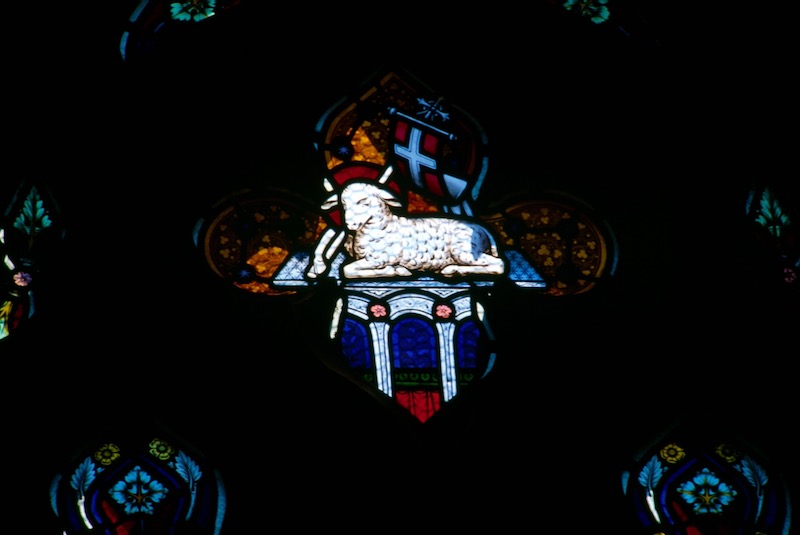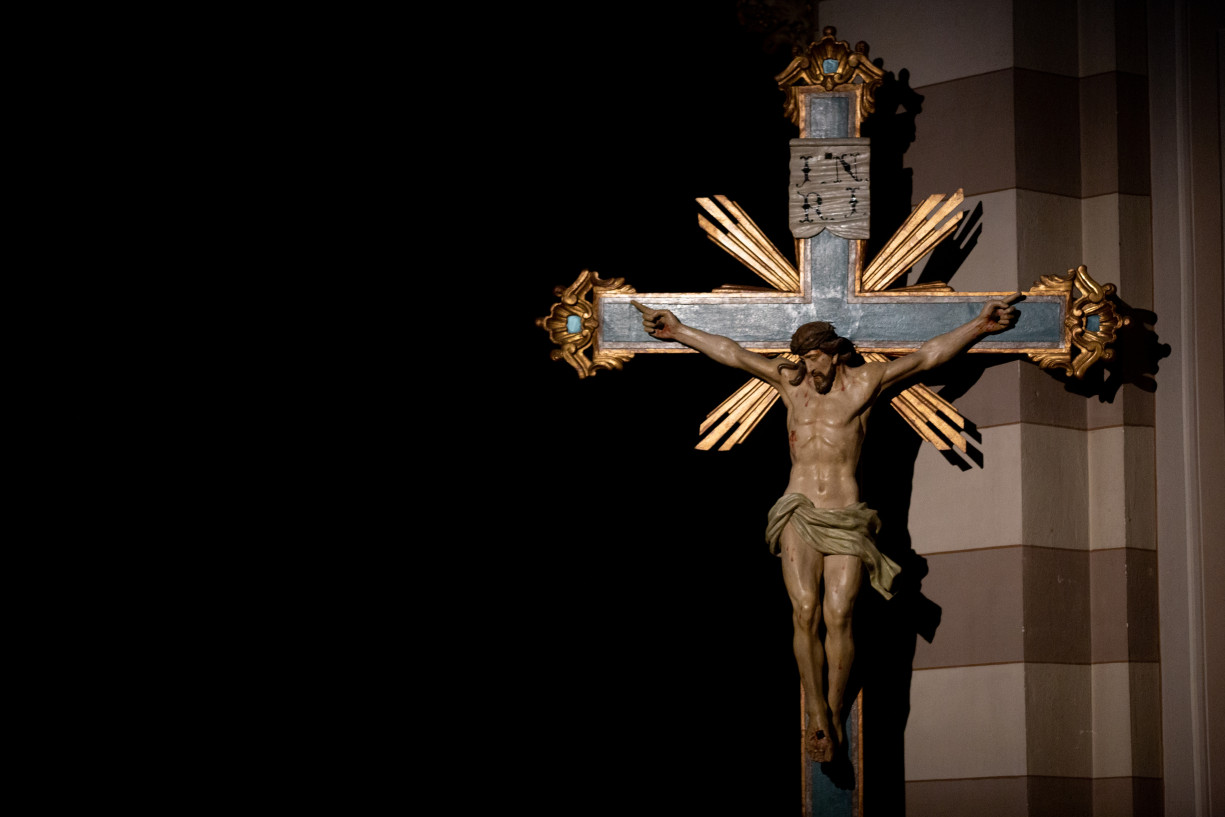Discipleship was a commonplace in the ancient world: philosophers, itinerant preachers, rabbis, all had disciples. John the Baptist is said to have had followers, as did the Pharisees. Then, as now (bloggers, for instance), a teacher or master was often judged by the number of followers he was able to attract.
But the relationship we hear about in the gospels between Jesus and his first followers was different in significant and sometimes paradoxical ways. For one thing, whereas ancient teachers attracted their followers, Jesus, though he certainly attracted large crowds to listen to him, hand-picked his closest followers. The details of the call differ among the gospels, but they’re one in asserting that it was he who chose them, and not the other way round. Secondly, while teachers usually hoped to attract the best students and followers, the people whom Jesus called couldn’t have been more un-distinguished and even, by any conventional standard, unsuitable.
As the gospels unfold, you can’t help but be struck by the failings, weakness, and sheer stupidity of his closest disciples, especially as related in Mark’s gospel. They persistently get things wrong; they’re constantly having to have the obvious explained. Indeed, in Mark’s account of Jesus calling Peter, it’s implied that Peter wasn’t even a particularly good fisherman, let alone an able disciple. Jesus had to tell him that he was casting his net in the wrong place. And it’s in Peter that the paradox is most acute. Peter stands out from the others both by being chosen to lead and by his egregious incompetence and lack of moral fibre. At one point, Jesus actually refers to him as ‘Satan’; and, of course, when the heat is really on, after Jesus has been arrested and the others have scattered, Peter blatantly denies ever having met Jesus, let alone being one of his followers.
All of this is relevant to our own situation, called and chosen as we are to follow him, as they were. Quite a few years before the gospels received their written form, St Paul was routinely referring to the Christians in the various places to which he wrote his letters as those “called and chosen”. The call of God is, of course, not merely one calling among others. On the contrary, it’s the calling presupposed to everything else we’re called to do and be because our very existence is the result of God’s call. That’s why in the Old Testament, being called and being created are essentially the same thing. Creation itself, all that exists, comes into being in answer to God’s call. What’s more, in the Old Testament, coming into existence is closely associated with being named: God calls things into existence by naming them and, frequently, when God calls particular individuals to some special mission or task, he gives them a new name.
That ‘calling by name’ happens in the ancient practice of receiving our name at baptism, when the calling we all share by the very fact of our existence is made explicit. But much more even than the miracle of existence is made explicit at our baptism: in baptism we are declared to be sharers of God’s own life, not just his creatures. So, for us, to be called into existence is to be called into a relationship. The purpose of our existence, in all its inexhaustible mystery, is to share God’s own life, to enjoy friendship with God, in other words. That is the primordial 3 vocation in which we all share, and which defines us as human beings. Whatever choices we’ve made in the past or will make in the future, the choice that matters most has been made already. The rest, as they say, is commentary. Our first and fundamental calling and vocation, then, isn’t primarily a work or a task, not even an apostolate, but a relationship, a relationship which is the measure of all our relationships, a relationship which answers to our innermost nature, our greatest need and deepest desire.
Whatever we feel called to do by way of a particular vocation, is for this life only: our vocation for all eternity, on the other hand, is friendship with God and one another. And, paradoxically, only what lasts for all eternity will change the world now. As the redoubtable St Catherine of Siena said: “When we are what we’re all called to be, then and only then, will we set the world ablaze”.



 Loading ...
Loading ...
What do you think?
You can post as a subscriber user ...
User comments (0)